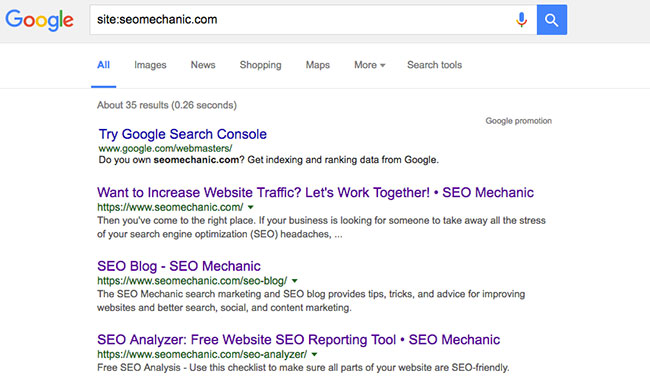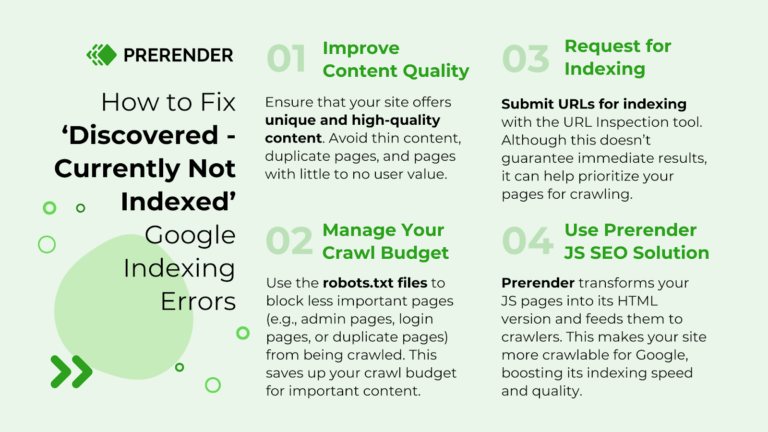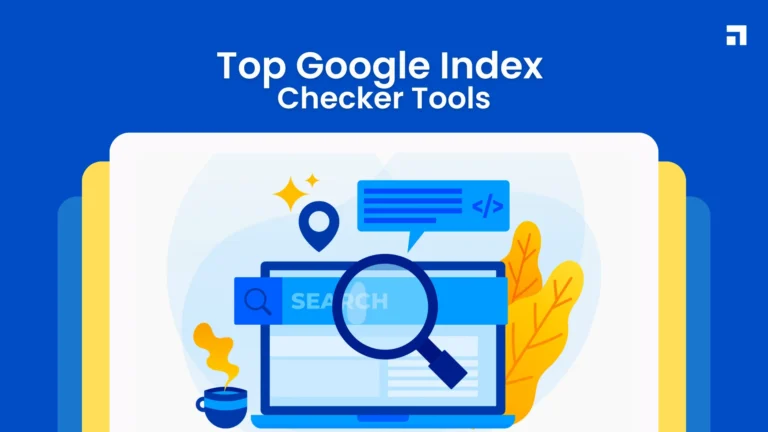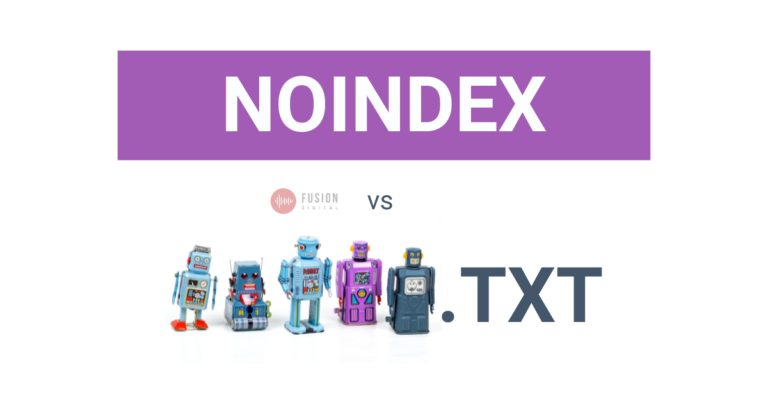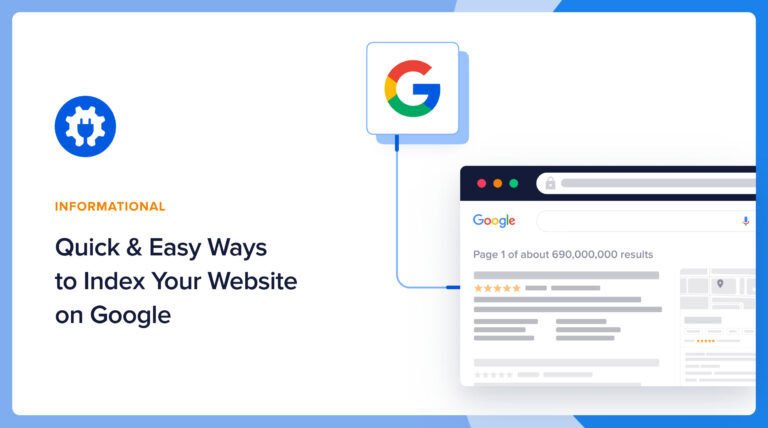HTTPS is crucial for Google indexing because it enhances site security and boosts user trust. Websites with HTTPS often rank higher in search results.
The digital landscape has evolved, making online security a top priority for both users and search engines. HTTPS, which stands for HyperText Transfer Protocol Secure, encrypts data exchanged between a user’s browser and the website. This encryption not only protects sensitive information but also signals to Google that your site is trustworthy.
As cyber threats become more prevalent, users are more likely to engage with secure sites. Consequently, Google prioritizes HTTPS sites in its ranking algorithms, making it essential for businesses aiming to improve visibility and credibility online. Embracing HTTPS is no longer optional; it’s a vital component of effective SEO strategies.

Credit: bippermedia.com
Introduction To Https
In today’s digital world, online security is crucial. Websites use HTTPS to protect user data. This secure connection builds trust between users and websites. Understanding HTTPS is vital for website owners and users alike.
What Is Https?
HTTPS stands for HyperText Transfer Protocol Secure. It is an extension of HTTP. The “S” means secure. This protocol encrypts data between the user’s browser and the website.
Here are some key features of HTTPS:
- Encrypts data for security.
- Authenticates the website’s identity.
- Ensures data integrity during transfer.
Evolution From Http
HTTP was the standard protocol for web traffic. However, it did not provide security. This lack of protection exposed users to risks like data theft.
To combat these issues, developers introduced HTTPS. Here’s a simple comparison:
| Feature | HTTP | HTTPS |
|---|---|---|
| Security | No encryption | Encrypted data |
| User Trust | Low trust | High trust |
| SEO Ranking | Lower ranking | Higher ranking |
As the internet evolved, so did the need for security. HTTPS became essential for protecting user information. Websites must adopt HTTPS to remain competitive.
Why Https Matters For Seo
Using HTTPS is crucial for your website’s success. It helps improve security, boosts rankings, and builds trust with users. Google favors secure sites, making HTTPS a key factor for SEO.
Boost In Search Engine Rankings
Search engines prioritize secure websites. Here are some reasons why:
- Higher Rankings: HTTPS sites often rank better.
- Increased Click-Through Rates: Users prefer secure links.
- Google’s Preference: Google rewards secure sites with better visibility.
Data shows that HTTPS leads to:
| Factor | Impact on Ranking |
|---|---|
| Site Security | Positive |
| User Engagement | Positive |
| Trust Signals | Positive |
Building User Trust
HTTPS enhances user trust. It shows your site is secure. This encourages visitors to interact with your content. Here’s how:
- Visible Security: Users see the padlock symbol in the address bar.
- Data Protection: HTTPS encrypts sensitive information.
- Lower Bounce Rates: Trust leads to longer site visits.
Building trust is essential. Trust leads to:
- Increased conversions
- Higher customer loyalty
- Positive brand reputation
Secure sites create a safer online experience. Prioritize HTTPS to protect your users.
Google’s Stance On Https
Google strongly supports HTTPS. It emphasizes secure connections for websites. This focus enhances user trust and safety.
Official Announcements
Google has made several key announcements about HTTPS:
- In 2014, Google confirmed HTTPS as a ranking signal.
- They stated that secure sites receive a ranking boost.
- Google’s Chrome browser marks HTTP sites as “Not Secure.”
- Search Console now highlights HTTPS errors for site owners.
Impact On Search Algorithm
HTTPS impacts the search algorithm in several ways:
| Factor | Impact |
|---|---|
| Ranking Boost | Secure sites rank higher in search results. |
| User Trust | Users prefer secure sites, increasing click-through rates. |
| Referral Data | HTTPS preserves referral data, improving analytics. |
Implementing HTTPS is essential for SEO. It protects user data and enhances credibility. Businesses should switch to HTTPS as soon as possible.
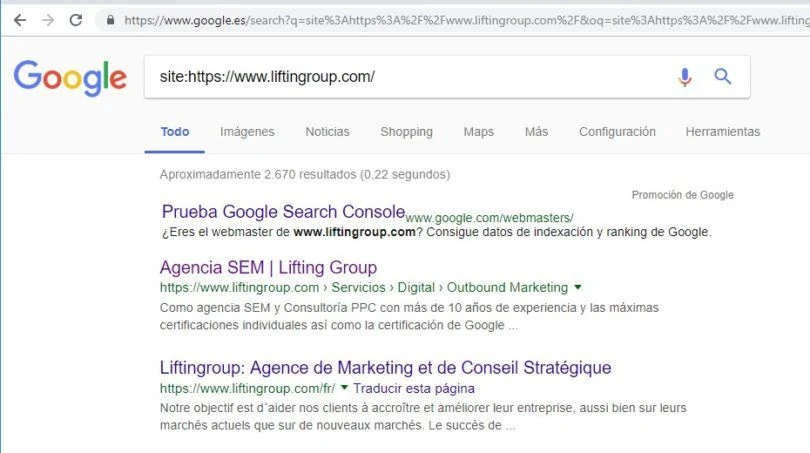
Credit: www.liftingroup.com
Https As A Ranking Signal
HTTPS is crucial for online security and Google rankings. Websites using HTTPS show trust and safety. Google considers HTTPS a positive ranking signal. This means secure websites can rank higher in search results.
Understanding The Signal
Google uses HTTPS as one of its ranking signals. Here’s what you need to know:
- Security: HTTPS encrypts data between users and servers.
- Trust: Users feel safer on secure websites.
- SEO Advantage: HTTPS can boost your site’s search rankings.
Moving to HTTPS is not just good for safety. It can improve your visibility. Google rewards secure sites with better rankings.
Real-world Seo Benefits
Switching to HTTPS offers several real-world benefits for SEO:
| Benefit | Description |
|---|---|
| Higher Ranking | Secure websites often rank above non-secure ones. |
| Improved Click-Through Rate | Users trust HTTPS more, leading to more clicks. |
| Better User Experience | Secure sites reduce user anxiety and bounce rates. |
Implementing HTTPS can lead to long-term benefits. Websites with HTTPS enjoy better engagement and trust.
Investing in HTTPS is investing in your site’s future. Secure your site today for better SEO results.
Migrating To Https
Migrating to HTTPS is essential for website security. It protects data and improves Google indexing. HTTPS sites rank better on search engines. This guide helps you transition smoothly.
Choosing The Right Ssl Certificate
Selecting the correct SSL certificate is crucial. Here are the main types:
| Type | Description |
|---|---|
| Domain Validated (DV) | Basic security for one domain. |
| Organization Validated (OV) | Verifies organization identity. Offers more trust. |
| Extended Validation (EV) | Highest level of validation. Displays green bar in browsers. |
Choose based on your site’s needs. DV is good for personal blogs. OV is ideal for businesses. EV is best for e-commerce sites.
Step-by-step Migration Process
- Purchase an SSL certificate. Choose the type that fits your site.
- Install the SSL certificate. Follow your hosting provider’s instructions.
- Update website links. Change all links from HTTP to HTTPS.
- Set up 301 redirects. Redirect HTTP pages to their HTTPS counterparts.
- Update the sitemap. Ensure it lists HTTPS URLs.
- Notify Google. Use Google Search Console to inform about the change.
- Test your site. Check for mixed content issues and fix them.
Follow these steps carefully. Each step enhances security and improves indexing.
Common Https Migration Mistakes
Transitioning from HTTP to HTTPS is crucial for your website’s security and SEO. Many website owners make mistakes during this migration. These mistakes can harm their Google indexing. This section outlines common HTTPS migration mistakes that you should avoid.
Avoiding Downtime
Downtime can harm user experience and SEO rankings. Here are steps to ensure a smooth transition:
- Plan Ahead: Schedule the migration during low traffic hours.
- Backup Your Site: Always keep a backup of your website.
- Test Your Site: Use a staging environment to test HTTPS before going live.
Monitoring your site during migration is essential. Check for broken links and ensure all pages are accessible. Use tools like Google Search Console to track any issues.
Ensuring Complete Migration
Incomplete migration can lead to lost traffic. Follow these best practices to ensure everything is transferred:
- Update Internal Links: Change all HTTP links to HTTPS.
- Implement 301 Redirects: Redirect old URLs to new HTTPS URLs.
- Update Sitemap: Create a new sitemap with HTTPS URLs.
- Check Mixed Content: Ensure all resources load securely.
Use a checklist to verify that all steps are complete. This will help maintain your site’s ranking and user trust.
| Common Mistakes | Impact | Solution |
|---|---|---|
| Downtime during migration | Loss of traffic and rankings | Plan and test thoroughly |
| Incomplete link updates | Broken links and lost traffic | Use a checklist |
| Not using redirects | 404 errors for users | Implement 301 redirects |
Performance And Security Benefits
HTTPS enhances website performance and security, crucial factors for Google indexing. By encrypting data, it protects user information and boosts trust. This secure connection can lead to improved search rankings and a better user experience, making HTTPS essential for online success.
Switching to HTTPS offers significant performance and security benefits. This upgrade helps improve your website’s overall functionality. Users feel safer and enjoy faster browsing.
Speed Improvements
HTTPS enhances speed in several ways:
- HTTP/2 Support: Allows multiple requests at once.
- Compression: Smaller data packets load faster.
- Connection Reuse: Reduces time spent establishing connections.
These factors lead to quicker page loads. Faster websites improve user experience and encourage visitors to stay longer.
Enhanced Security Features
HTTPS provides advanced security measures:
| Security Feature | Description |
|---|---|
| Data Encryption | Protects user data from hackers. |
| Authentication | Confirms the website’s identity. |
| Data Integrity | Ensures data is not altered during transfer. |
These features build trust with users. Trust leads to higher engagement and conversions.
Case Studies: Https Success Stories
Many businesses have seen great results after switching to HTTPS. This section highlights successful case studies. Each showcases the benefits of HTTPS for Google indexing. These stories illustrate the real impact of secure connections.
Businesses That Benefited
- eCommerce Sites: Major retailers like Amazon and eBay switched to HTTPS. They saw increased trust and sales.
- News Websites: Sites like The New York Times adopted HTTPS. They improved user engagement and search rankings.
- Bloggers: Personal blogs migrating to HTTPS reported more visitors. This change boosted their credibility.
Analyzing The Seo Impact
Switching to HTTPS affects SEO positively. Here are key impacts:
| Impact | Description |
|---|---|
| Higher Rankings | Google favors HTTPS sites in search results. |
| Improved Click-Through Rates | Users trust secure sites more, leading to clicks. |
| Lower Bounce Rates | Secure sites retain visitors better. |
| Enhanced User Experience | HTTPS ensures data safety, boosting user confidence. |
These case studies show that HTTPS is essential. Businesses experienced significant growth and trust after making the switch.
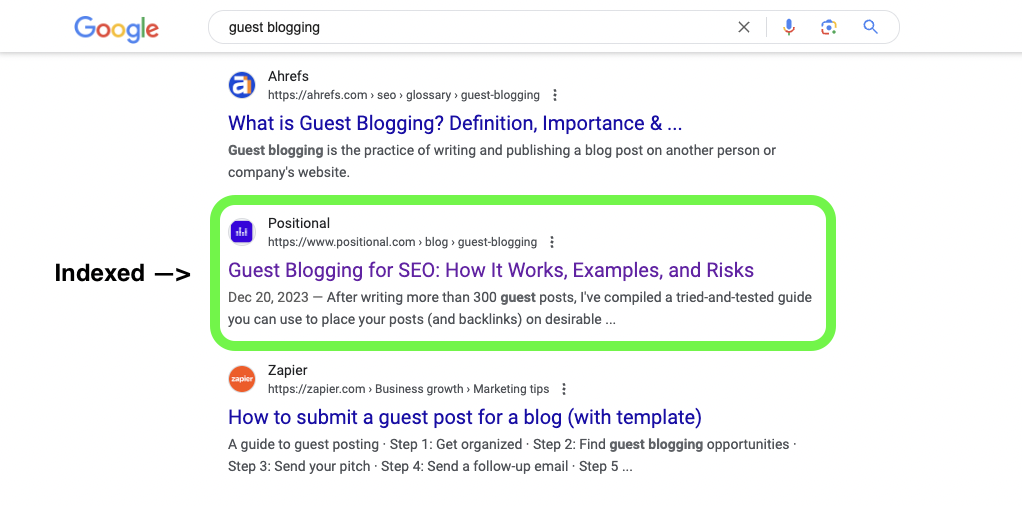
Credit: www.positional.com
Frequently Asked Questions
Why Is Https Important For Seo?
HTTPS is crucial for SEO because it enhances site security. Google prioritizes secure sites in its rankings. When users see HTTPS, they feel safe. This trust can lead to higher click-through rates and lower bounce rates, positively impacting your search engine ranking.
Does Https Affect Google Indexing?
Yes, HTTPS does affect Google indexing. Google considers HTTPS a ranking factor. Sites using HTTPS are indexed more favorably. This means they have a better chance of appearing higher in search results. Therefore, switching to HTTPS can improve your visibility online.
How Does Https Improve User Trust?
HTTPS improves user trust by encrypting data. This encryption protects sensitive information during transactions. When users see the padlock icon, they feel more secure. Trust leads to increased engagement and conversions. Ultimately, a trusted site encourages return visits.
Can I Switch To Https Without Losing Traffic?
Yes, you can switch to HTTPS without losing traffic. Properly implementing redirects is key. Use 301 redirects to guide users from HTTP to HTTPS. Update your sitemap and inform Google of the change. With careful planning, your traffic can remain stable or even increase.
Conclusion
Using HTTPS is essential for improving your website’s Google indexing. It enhances security and builds user trust. Websites with HTTPS often rank higher in search results. Prioritizing HTTPS can lead to better visibility and more traffic. Make the switch today to ensure your site stays competitive in the digital landscape.


